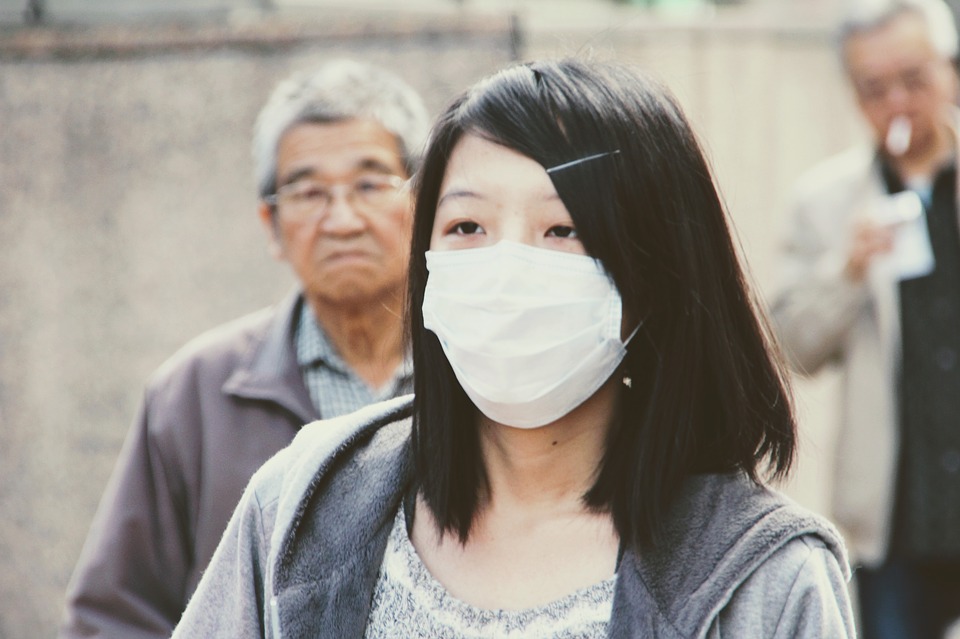Swine flu has claimed over 1,000 lives so far this year, which is four times more than deaths recorded last year, with a total of 22,186 cases reported across the country till now, data from the Union health ministry revealed.
Maharashtra has the highest death toll with 437 people succumbing to H1N1infections, followed by Gujarat at 316, Kerala at 73, and Rajasthan at 69.
According to the data, India recorded 1,094 swine flu deaths and 22,186 cases till August 20, compared to 265 deaths and 1,786 cases in 2016.
Source: timesofindia.indiatimes.com
What is Swine Influenza?
Swine flu, also known as 2009 H1N1 type A influenza, is a human disease. People get the disease from other people, not from pigs. The disease originally was nicknamed swine flu because the virus that causes the disease originally jumped to humans from the live pigs in which it evolved. The virus is a "reassortant" - a mix of genes from swine, bird, and human flu viruses. Scientists are still arguing about what the virus should be called, but most people know it as the H1N1 swine flu virus. In the summer, the wet, humid air pulls the virus to the ground, so it’s less likely to be inhaled by someone else.
How is swine flu transmitted?
Swine flu is transmitted from person to person by inhalation or ingestion of droplets containing virus from people sneezing or coughing; it is not transmitted by eating cooked pork products. The newest swine flu virus that has caused swine flu is influenza A H3N2v (commonly termed H3N2v) that began as an outbreak in 2011. The "v" in the name means the virus is a variant that normally infects only pigs but has begun to infect humans.
Swine Flu Symptoms
These, too, are same as seasonal flu. They can include:
- Cough
- Fever
- Sore throat
- Stuffy or runny nose
- Body aches
- Headache
- Chills
- Fatigue
Like the regular flu, swine flu can lead to more serious problems including pneumonia, a lung infection, and other breathing problems. If you have symptoms like shortness of breath, severe vomiting, pain in your belly or sides, dizziness, or confusion, call your doctor
How Is It Treated?
Some of the same antiviral drugs that are used to treat seasonal flu also work against H1N1 swine flu. Oseltamivir (Tamiflu), peramivir (Rapivab), and zanamivir (Relenza).
Is there a vaccine for swine flu?
Just as there are influenza vaccines for people, there are specific swine influenza vaccines available for pigs.
Do’s and Don’ts:
- Avoid close contact with people who are having respiratory illness.
- Sick persons should keep distance from others.
- If possible, stay at home, away from work, school, and public places when you are sick.
- Cover your mouth and nose with a tissue or handkerchief when coughing or sneezing.
- If you have no tissue or handkerchief you should not clean the nose with the hands but with the cuff of your shirt or clothes.
- Washing your hands often with soap or alcohol based hand wash will help protect from germs.
- Get plenty of sleep, be physically active, manage your stress, drink plenty of fluids, and eat nutritious food.
- Persons who develop influenza-like-illness (ILI) (fever with either cough or sore throat) should be strongly encouraged to selfisolate in their home for 7 days after the onset of illness or at least 24 hours after symptoms have resolved, whichever is longer.
